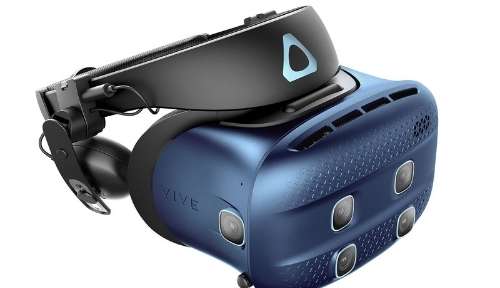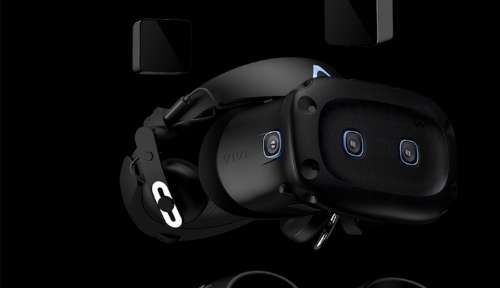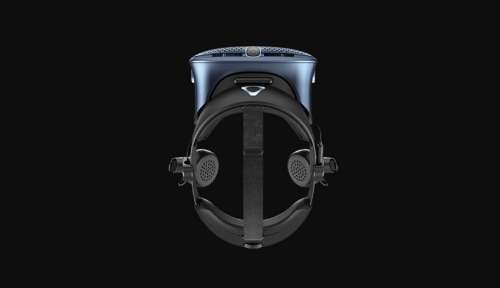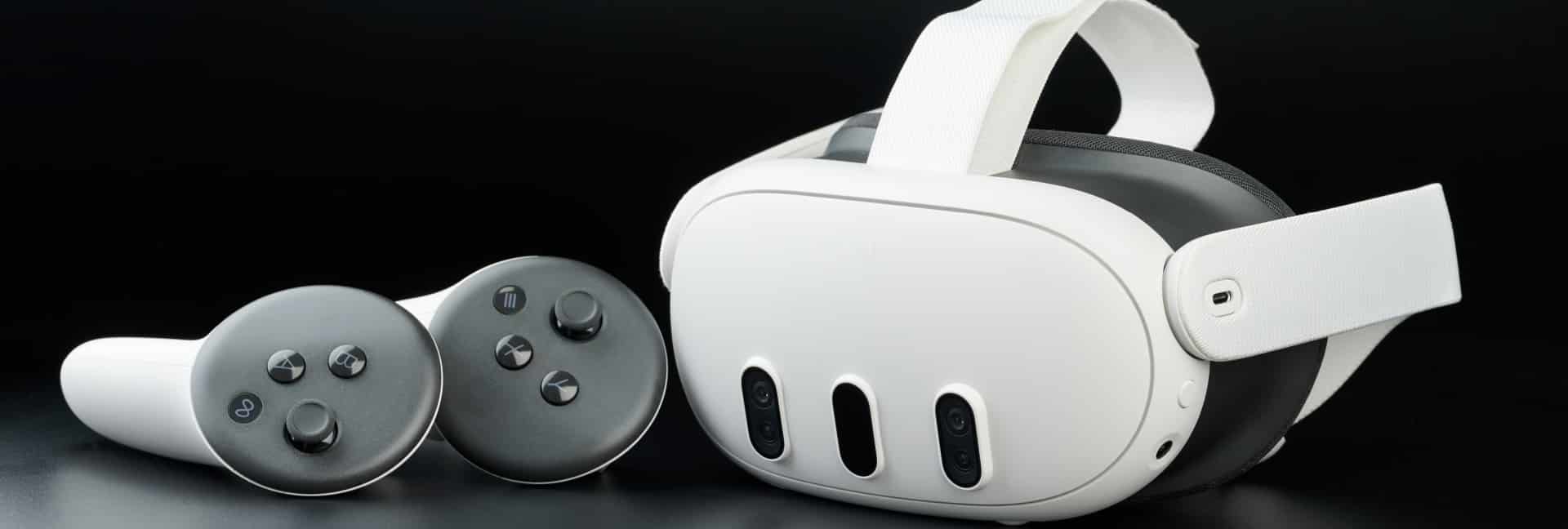The Apple Vision Pro may have only shipped a small initial quantity, and pre-orders outstripped demand, but that doesn’t mean that Meta CEO Mark Zuckerberg has missed out. He’s been trying the Vision Pro and has recently shared his views on an Instagram video.
In the three-minute video, Zuck compares the price and features of the two headsets and talks about open and closed models and how Apple has fared in previous computing generations. And, as you might expect from the guy who owns the Vision Pro’s competitor, he thinks the Quest is best!
But in all this, is Zuckerberg paying attention to the right things? Is he conveniently overlooking Quest’s limitations or ignoring the potential benefits of Apple’s entry into the mixed reality (or spatial computing) market?
Let’s look at what Zuck says about Vision Pro and discuss his views on the industry’s future.
What Did Zuckerberg Say About the Apple Vision Pro?
Zuckerberg begins the video by stating that with the Quest 3 being seven times cheaper than the Vision Pro, he expected his product to be the better value. Still, on trying the new Apple device, he found that the Quest 3 was the better product.
He then compared the products stating that the Quest is lighter, has a wider field of view, the screen is brighter, and there’s no motion blur like there is on the Vision Pro. He says that the higher resolution screen is nice, but there are tradeoffs in quality, comfort, ergonomics, and other display aspects.
According to Zuck, the hand tracking on the Quest is more accurate than the Vision Pro. He states that the Vision Pro’s eye tracking is nice but that they had them in the Quest Pro and will bring them back for future Quest models. After paying Apple this compliment, he goes on to find several use cases where eye tracking won’t work so well. The immersive content library for Quest is also deeper.
After comparing the headsets, Zuckerberg talks about whether Apple will lead in this category and says this:
“…The reality is that every generation of computing has an open and a closed model. And yeah, in mobile, Apple’s closed model won, but it’s not always that way. If you go back to the PC era, Microsoft’s open model was the winner. And in this next generation Meta is going to be the open model. And I really want to make sure that the open model wins out again.”
Is Zuckerberg Right? Or Is He Conveniently Missing the Point?
Of course, as the CEO of Apple’s number one competitor in the mixed reality market, Zuckerberg is going to always state a preference for his own product. Why would he not? It makes no business sense to be unbiased!
So let’s explore what he’s saying, add a bit of context, and maybe critique his critique!
Firstly, of course, the Quest 3 is a better value at a fraction of the price. Whether it’s the better product is possibly more subjective. However, we can definitely compare aspects.
Some of what he talks about in terms of ergonomics and comfort is echoed in early reviews. According to Z NET, Reddit users are returning the Vision Pro because of its weight, stating it’s too heavy for long periods of use.
An Upload VR review called it a “heavy portable cinema” and talked about how it’s hard to find the best position to place the battery to make the headset comfortable.
The Quest 3 does notably fare better for weight and comfort. The Quest 3 is 513 grams vs the Vision Pro’s 650 grams a weight that doesn’t include the 353-gram battery!
In terms of the field of view, the Vision Pro’s vertical field of view is a little restrictive, while horizontally, it matches the Quest 2. This has an effect on passthrough and immersive content, creating a sense of claustrophobia.
Where the Vision Pro stands up is in use of the “big screens”. You can place iOS screens anywhere and get a crystal clear view of them all, making it the ideal choice for use as a virtual desktop and home cinema. The Quest 3 can do this, but it doesn’t have the same crispness.
Zuck’s closing point when comparing the headsets centered around Quest’s impressive library. With a big headstart over the Vision Pro, it stands to reason that the Quest will have a bigger library of native content.
But where the Vision Pro already has the upper hand is in the closed system that Zuckerberg implies is where Apple will fail.
In his closing comments, he discusses how Microsoft’s open system meant PCs won in the desktop generation. Apple’s closed system won over Google’s open Android system in terms of mobile. Now Zuckerberg is pitching the Quest as being the open system.
But the Vision Pro is already connected to the Apple Store. Users already have access to a huge range of iOS apps. And, while they may not all be native or tailored to the Vision Pro yet, the accessibility is there.
Meta’s Quest falls down here as it’s not connected to the Google Play store. It’s missing out on the potential to access tens of thousands of Android apps.
A Final Thought: Did Zuck Conveniently Miss Something?
Another point is that by entering the market, Apple brings clout. They’re a big player, and where they lead, consumers typically follow. In the smartphone revolution, the iPhone was the game changer that attracted interest. Now, billions of people own Android phones.
How many people will be attracted to the Vision Pro but turned off by its price? And then how many of these people will choose the Quest 3 instead? Probably a reasonable percentage.
Apple will lead in defining “spatial computing”, but Meta could fare very well by riding the Vision Pro’s wake! Zuckerberg obviously knows this, so does he really need to publicly and ungraciously share his negative review of his rival’s entry into the market? The answer is probably not!







